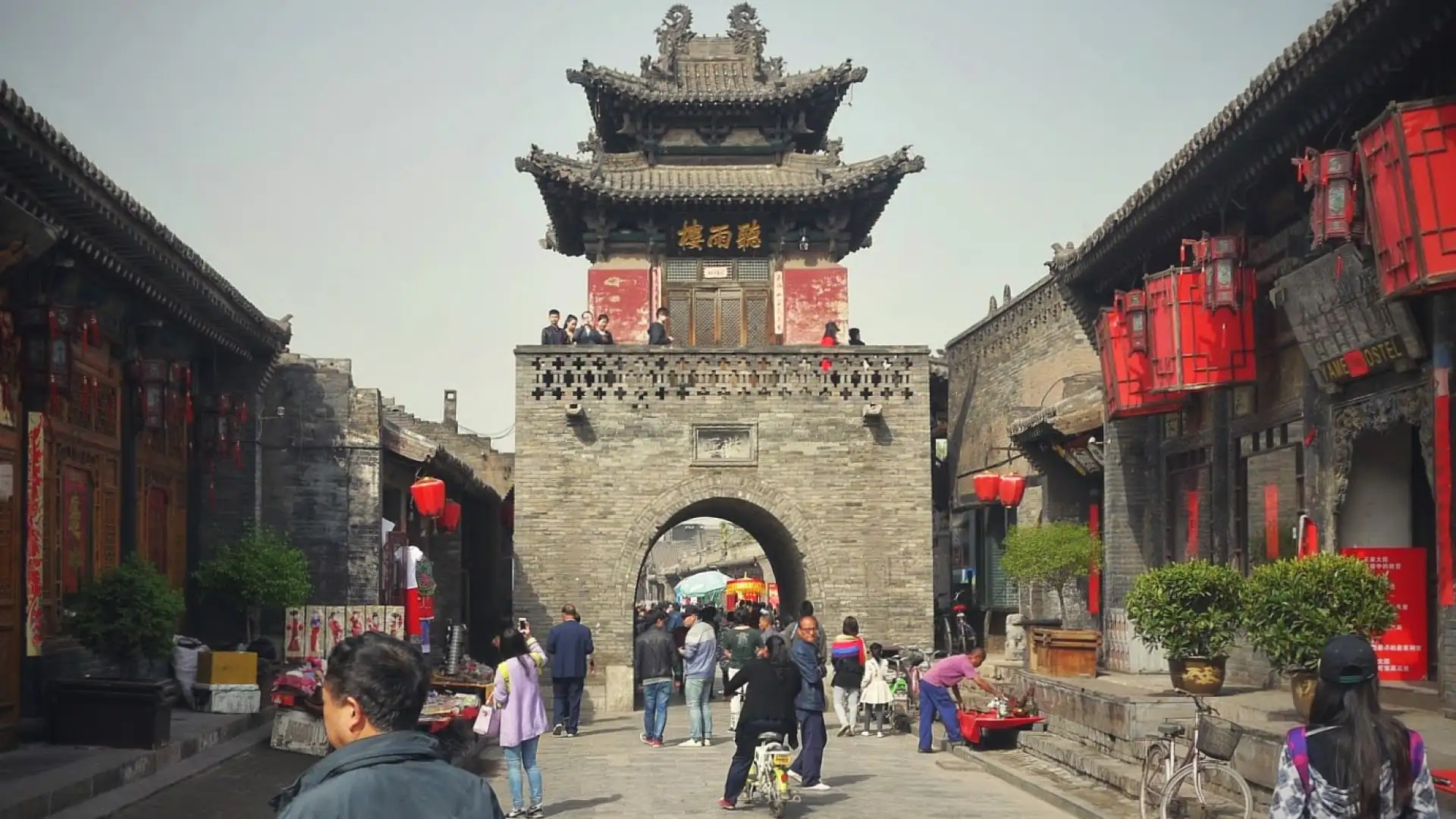
Casino Security Secrets: What They Don’t Want You to Know
Casinos, glittering palaces of chance and fortune, operate under a veil of secrecy, especially when it comes to security. While they want you to focus on the thrill of the game, a complex web of surveillance and procedures is constantly at work behind the scenes. This blog post pulls back the curtain, revealing some of the casino security secrets they’d rather you didn’t know, offering insights into how they protect their assets and maintain order on the gaming floor. We’ll explore the technology, the personnel, and the strategies employed to keep both the casino and its patrons safe.
The All-Seeing Eye: Surveillance Technology
The most obvious, and perhaps most effective, aspect of casino security is its extensive surveillance system. Hundreds, sometimes thousands, of high-definition cameras are strategically placed throughout the casino, covering every table game, slot machine, hallway, and entrance. These aren’t your average security cameras; they are sophisticated pieces of technology capable of zooming in on minute details, tracking movements, and even reading playing cards.
* **Facial Recognition:** Many modern casinos employ facial recognition software that can identify known criminals, card counters, and individuals who have been previously banned from the premises. This technology allows security personnel to quickly flag these individuals and take appropriate action.
* **PIT (Player Input Terminal) Systems:** These systems record every transaction at the table games, including bets, payouts, and dealer actions. This allows for a detailed audit trail and helps to identify any discrepancies or potential cheating.
* **Chip Tracking:** Some casinos utilize RFID (Radio-Frequency Identification) chips, which allow them to track the movement of chips throughout the casino. This can help to prevent theft and detect counterfeit chips.
* **Behavioral Analysis:** Advanced software can analyze player behavior, looking for patterns that might indicate cheating or other suspicious activity. For example, a sudden increase in betting size or unusual hand gestures could trigger an alert.
Beyond the Cameras: The Human Element
While technology plays a crucial role, the human element of casino security is equally important. A team of highly trained security personnel is constantly monitoring the surveillance feeds, patrolling the gaming floor, and interacting with patrons.
* **Security Guards:** These are the visible face of casino security, responsible for maintaining order, responding to incidents, and escorting individuals off the premises if necessary. They are trained in conflict resolution, first aid, and self-defense.
* **Surveillance Operators:** These individuals are the eyes and ears of the casino, constantly monitoring the surveillance feeds for any signs of suspicious activity. They are trained to identify cheating techniques, detect counterfeit money, and recognize unusual behavior.
* **Pit Bosses:** These supervisors oversee the table games and are responsible for ensuring that the games are being played fairly and according to the rules. They are also responsible for resolving disputes between players and dealers.
* **Internal Auditors:** These professionals conduct regular audits of the casino’s financial records to ensure that everything is in order and to detect any signs of fraud or embezzlement.
Protecting the House: Anti-Cheating Strategies
Casinos have developed a wide range of strategies to prevent cheating, from simple observation to sophisticated technology.
* **Card Counting Detection:** Casinos are particularly vigilant about card counting, a technique used in blackjack to gain an advantage over the house. Security personnel are trained to recognize the signs of card counting, such as tracking the ratio of high to low cards and adjusting bets accordingly.
* **Shuffle Tracking Prevention:** Shuffle tracking is a more advanced form of cheating that involves tracking the order of cards during the shuffle. Casinos use a variety of techniques to prevent shuffle tracking, such as using automatic shuffling machines and varying the shuffle patterns.
* **Dealer Training:** Dealers are extensively trained to detect cheating techniques and to ensure that the games are being played fairly. They are taught to watch for suspicious behavior, such as collusion between players or the use of hidden devices.
* **Strict Rules and Regulations:** Casinos have a strict set of rules and regulations that govern the conduct of players and employees. These rules are designed to prevent cheating and to maintain order on the gaming floor. Violations of these rules can result in expulsion from the casino and even criminal charges.
The Benefits of Casino Security: A Safe and Fair Environment
While some might view casino security as intrusive, it ultimately benefits both the casino and its patrons.
* **Protection from Crime:** Casino security helps to deter crime, such as theft, fraud, and assault. This creates a safer environment for everyone.
* **Fair Games:** By preventing cheating, casino security ensures that the games are being played fairly and that everyone has an equal chance of winning.
* **Dispute Resolution:** Security personnel can help to resolve disputes between players and dealers, ensuring that everyone is treated fairly.
* **Asset Protection:** Casino security protects the casino’s assets, such as cash, chips, and equipment, from theft and damage.
Comparing Security Measures: From Las Vegas to Macau
Casino security measures vary depending on the location, size, and clientele of the casino. Las Vegas casinos, for example, are known for their high-tech surveillance systems and strict security protocols. Macau casinos, on the other hand, often rely more on human security, with a large presence of security guards and surveillance operators. Smaller, regional casinos may have less sophisticated security systems, but they still employ basic security measures, such as cameras and security guards. The level of security is often proportional to the potential risk. High-roller rooms, for instance, will have significantly more security presence than the general gaming floor.
Case Study: The MIT Blackjack Team
The MIT Blackjack Team, a group of students and former students from MIT, Harvard, and other prestigious universities, famously used card counting techniques to win millions of dollars from casinos in the 1990s. While their actions were not technically illegal, they were considered unethical by the casinos, who banned them from their properties. This case study highlights the importance of casino security in detecting and preventing card counting and other forms of cheating. It also demonstrates the lengths to which casinos will go to protect their profits.
Conclusion: A Constant Evolution
Casino security is a constantly evolving field, with new technologies and strategies being developed all the time. As cheaters become more sophisticated, casinos must adapt and improve their security measures to stay one step ahead. While casinos may not want you to know all the details of their security operations, understanding the basics can help you to appreciate the complexity and importance of this often-overlooked aspect of the gaming industry. Ultimately, casino security is about creating a safe, fair, and enjoyable environment for everyone.








